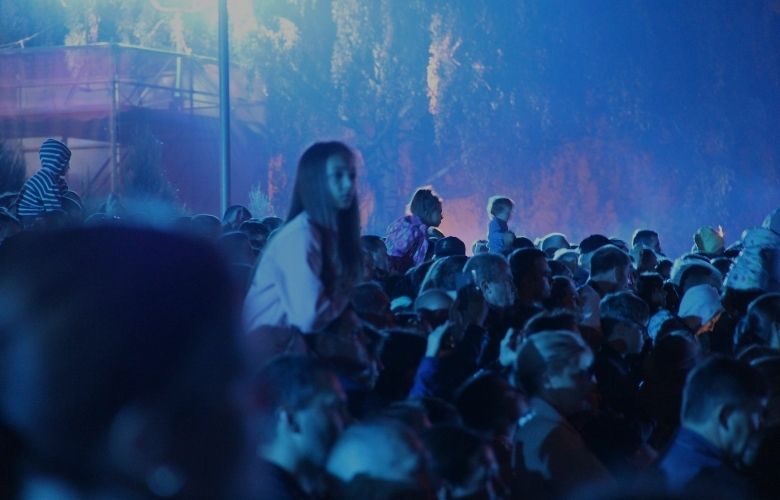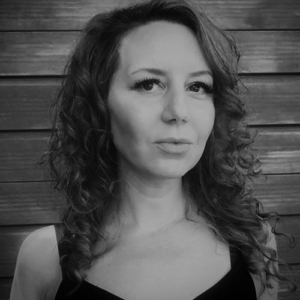
In the latest of a series of Arts based investigations, Germany’s University Hospital Halle has launched three different experiments in order to study how Covid-19 might spread in crowded audiences.
The tests will be hosted at Leipzig Arena, where German singer/songwriter Tim Bendzko will perform a concert. Taking place on 22nd August, the scientific team will create and observe the differences between three scenarios that will hopefully demonstrate how coronavirus may spread in crowds.
Audiences will consist of healthy people between the ages of 18-50 who have tested negative for Covid-19 in the previous 48 hours. During the experiments, the audience will be given face masks and fluorescent hand sanitiser that will visually show areas and surfaces that have been touched, as well as electronic tags that will collect data tracking their movements and interactions.
The first scenario will involve studying 4,000 people in pre-Covid conditions in close proximity, although they will still have face masks. The second scenario will involve 4,000 people that have their entrance and movement controlled. The third scenario will involve 2,000 people who are keeping 1.5 metres apart and observing social distancing.
Similarly, TAL recently reported that UK scientific experiments were underway in order to investigate the airborne transmission of coronavirus. Directed at better understanding how aerosols from exhaled breath differ between silence, talking and singing, the results are expected to be in by Autumn 2020.
In the same vein, musician Frank Turner performed a socially distant trial gig experiment at the end of July. The concert was held to see if social distancing measures would work as a format for reopening the industry, but ultimately this was deemed a failure.
Hosted at The Clapham Grand in London, the venue welcomed an audience of 200 people (the venue’s capacity is 1,250). Tables and chairs were brought in for the audience as a means to keep social distancing throughout the gig, as The Clapham Grand is usually standing room only for shows. This meant that the venue provided the audience with a table service for drinks, and a one-way system was followed by all around the venue. On staggered entry to the venue, the audience had their temperature measured.
Talking to the BBC, The Clapham Grand venue manager Ally Wolf said the show was not a possibility long-term as they simply did not take enough money to cover their operating costs:
“It can’t be the future for live music, it can’t be the future for venues. It’s not a financial model that the industry can remotely rely upon to get to be sustainable.”
In alignment with Wolf’s sentiment, Turner concurred when speaking to the BBC after the show:
“This specific setup doesn’t work. This is not the start of a series of shows like this – that’d bankrupt everyone involved. But it was a gesture of cooperation, an attempt to feel out the situation with an eye to taking steps in a better direction.”
While lockdown in the Arts sector continues to roll with no end in sight, perhaps we can be consoled by these experiments, and thankful for the scientists and performers who are giving their time and talents towards investigating what works and what doesn’t.
The Human Library: Check Out Real People
Ali Wright Photographs Theatre Staff Working As Key Staff during COVID


Michelle is a musician and composer from the UK. She has performed across the UK and Europe and is passionate about arts education and opportunities for women and girls.
Read Full Profile© 2021 TheatreArtLife. All rights reserved.

Thank you so much for reading, but you have now reached your free article limit for this month.
Our contributors are currently writing more articles for you to enjoy.
To keep reading, all you have to do is become a subscriber and then you can read unlimited articles anytime.
Your investment will help us continue to ignite connections across the globe in live entertainment and build this community for industry professionals.